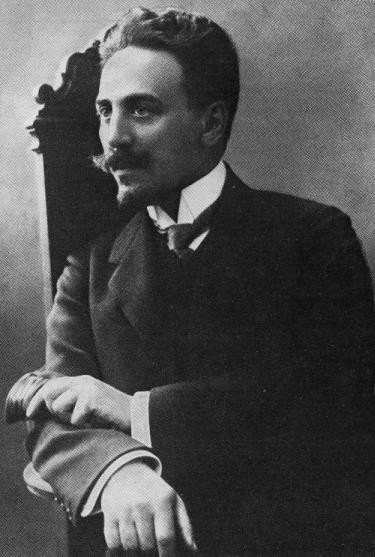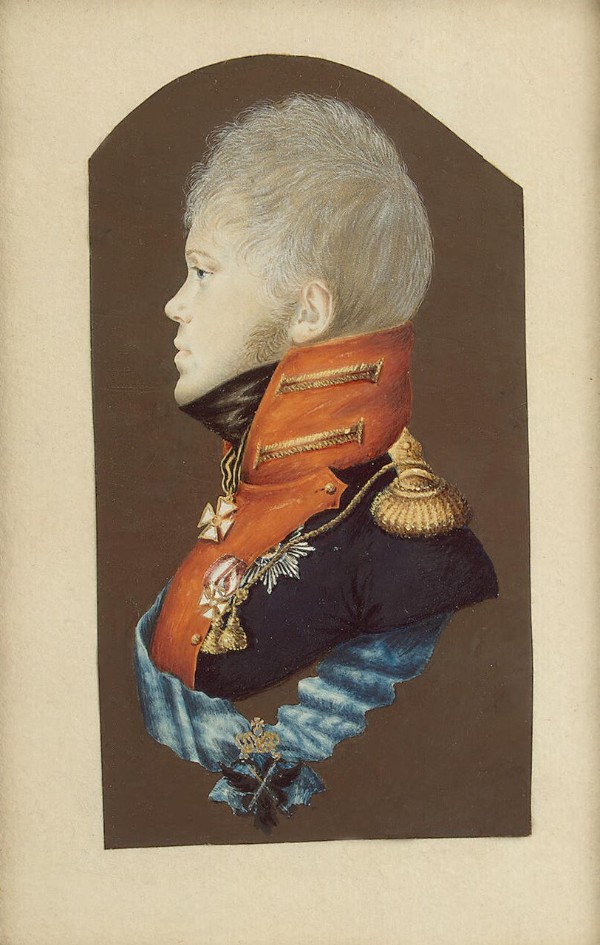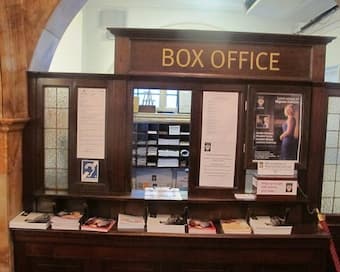
Wigmore Hall Box Office
When we think of those who work in classical music we tend only to think of the musicians – soloists, ensemble players, orchestral musicians and conductors. But there’s a whole “back office” and “supply chain”, if you will, of other people who work in the sector and whose roles provide important support to the musicians and venues, audiences, and the wider community of the classical music industry.
Pyotr Il’yich Tchaikovsky: Variations on a Rococo Theme in A Major, Op. 33 (Maria Kliegel, cello; Ireland National Symphony Orchestra; Gerhard Markson, cond.)
In the year of the pandemic, these roles became more widely recognized as the impact of the closure of music venues was felt right across the profession – and beyond. So who are the people who work, largely behind the scenes, to keep the wheels of classical music turning?
Front of House staff
In performing arts venues, the ‘Front of House’ are the public areas, including the foyer and box office, the auditorium and the bar/café areas. These are the people who have contact with the general public, and their roles include selling tickets (in person and by telephone), programmes and merchandise, greeting and ushering concert-goers, and ensuring the auditorium and front of house areas are correctly laid out and tidy.
Publicity and marketing
Concerts and operas need to be advertised to draw in audiences and sell tickets. Larger or wealthier venues may have their own in-house publicity/marketing people, but others will employ freelancers to take on the role of creating press and marketing material, and generating media interest around specific events and/or artists.
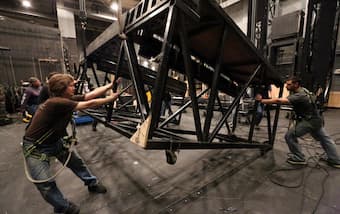
Technical staff and stage hands © Suzanne DeChillo/The New York Times
Programme note writers
The larger venues will commission programme notes from specialist writers to illuminate the programme of music being performed for the audience. In the old days – and I remember this very clearly from my concert-going as a child and teenager – programme notes were rather dry, dull documents, full of analysis and complex musical terms. Now they are more likely to be engaging, to highlight specific aspects within the music and pique the audience’s curiosity.
Technical staff
These include piano technicians who maintain the venue’s concert instruments, stage hands (who, amongst other roles, organise staging and seating), lighting and sound technicians. Many of these staff are employed on a freelance basis.
Artist agents and Managers
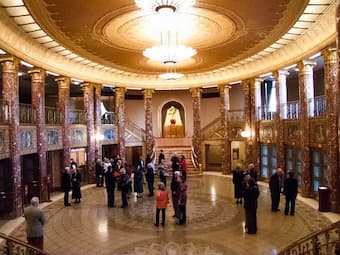
Severance Hall Lobby
These people represent musicians and their role is, in effect, to “sell” musicians to promoters and venues. Agents are largely responsible for booking concerts, while managers assist with broader career strategy and planning. 2020 saw the demise of several large artist agencies, most notably Columbia Artists, but smaller, boutique agencies have fared better, being more adaptable to the changing environment within the industry.
The pandemic has had a profound and lasting effect on classical music, forcing musicians, venues and others to think creatively about how the industry should respond to the changing situation. Those who are prepared to embrace change, are adaptable and open-minded are likely to fare best in the coming months and years.
For more of the best in classical music, sign up to our E-Newsletter

